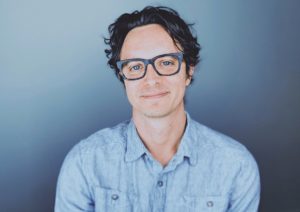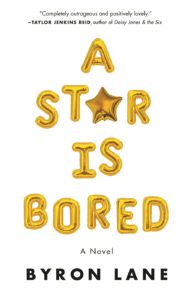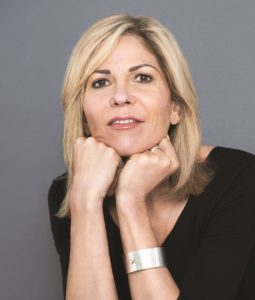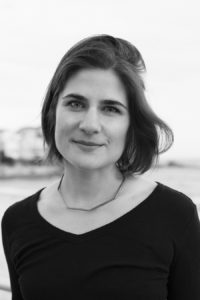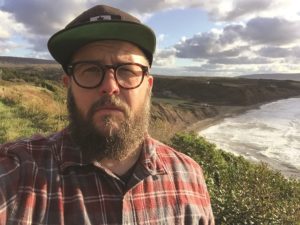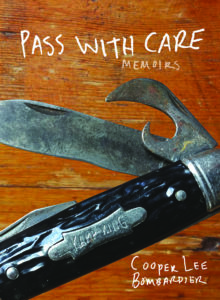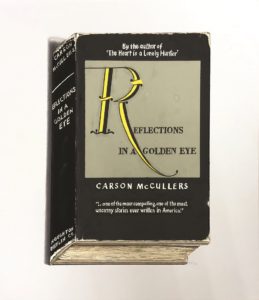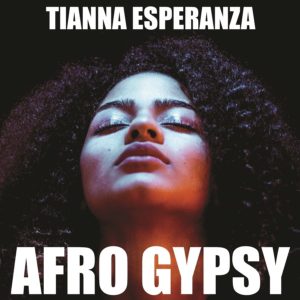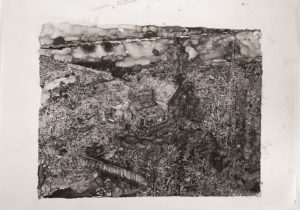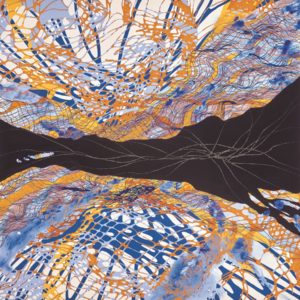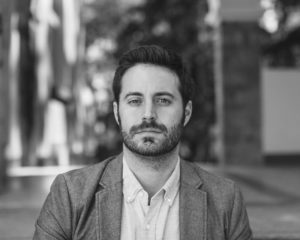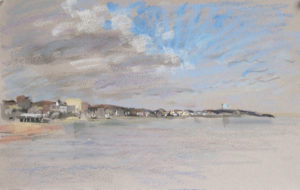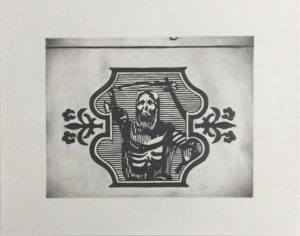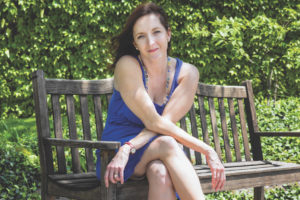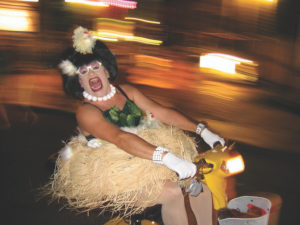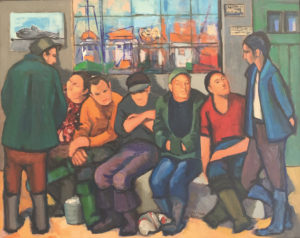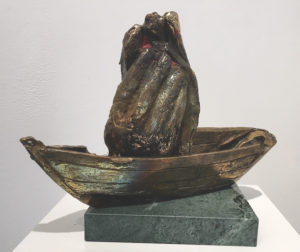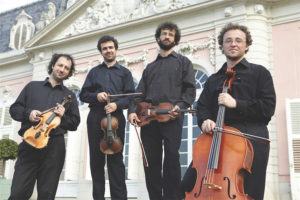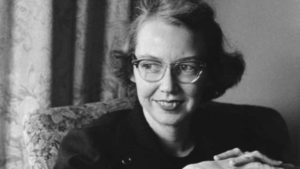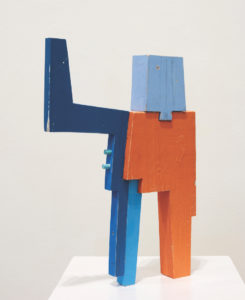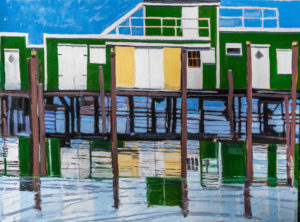“I have been an activist and organizer from my teenage years onwards,” says Jane Fleishman, author of The Stonewall Generation: LGBTQ Elders on Sex, Activism, and Aging. “As Mandy Carter, one of the contributors to the book, often reminded me — activism is a lifelong journey.”
Fleishman, who has been coming to Provincetown since she came out in her early 20s, and who now owns a second home in Truro, will be doing a virtual book event via Zoom on Thursday, Oct. 29, through East End Books Ptown.
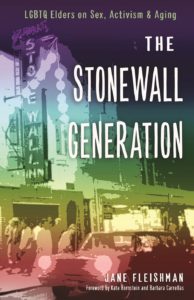 Fleishman is also a researcher in human sexuality, with a focus on older adults. She spent two years traveling the country to sit with LGBTQ elders who took part in the Stonewall riots, listening to their memories of the New York City police raid of the Stonewall Inn in Greenwich Village on June 28, 1969, and the transformative eruption of gay pride and power that resulted. The Stonewall Generation, published last month by Skinner House Books, is an engaging and often deeply moving collection of life stories in the distinct voices of 10 contributors. In the book, Fleishman interweaves historical accounts of Stonewall with details of a deeply personal aspect of human experience: how aging affects our physical longings, sensual satisfaction, and intimacy with our lovers. There’s a reason she made this connection.
Fleishman is also a researcher in human sexuality, with a focus on older adults. She spent two years traveling the country to sit with LGBTQ elders who took part in the Stonewall riots, listening to their memories of the New York City police raid of the Stonewall Inn in Greenwich Village on June 28, 1969, and the transformative eruption of gay pride and power that resulted. The Stonewall Generation, published last month by Skinner House Books, is an engaging and often deeply moving collection of life stories in the distinct voices of 10 contributors. In the book, Fleishman interweaves historical accounts of Stonewall with details of a deeply personal aspect of human experience: how aging affects our physical longings, sensual satisfaction, and intimacy with our lovers. There’s a reason she made this connection.
“We think of Stonewall as the birth of what we used to call the gay liberation movement,” Fleishman says. “Yet many who write about LGBTQ politics today forget the underlying and fundamental reason why people began this movement: they wanted to be able to dance with the person they cared about, to be seen holding hands with the person they loved, and to have sex with a partner who happens to be of the same gender. I believe that sexual liberation is the heart of this movement.”
Fleishman knows that sex matters much further into old age than people often assume. As one of her contributors, Lani Ka’ahumanu, puts it, “I feel fortunate, and I am able to challenge the wrongheaded notion that elders are not interested in sex or that we’re not sexual.”
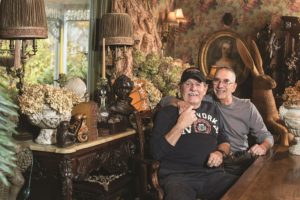
Creating a space in which people feel safe enough to talk about some of the most intimate details of their lives is not a simple feat, yet Fleishman feels that talking about sex has been her calling for a long time.
“My friends would come to me with questions about their sex lives, and for some reason that just came easily to me,” she says. “I’ve always been interested in taboo topics — topics that people are afraid of tackling. When I was a younger lesbian, 30 years ago, I taught a class on dating for lesbians, because we were terrible at it.” Fleishman laughs. “We knew how to get together with someone and proclaim a long-term commitment, but we didn’t really know how to go out on a light date, come home and say, ‘Oh, that was fun!’ ”
Some of those interviewed in the book opened up with apparent ease, and others were shyer, which made their revelations that much more powerful. “What I learned,” Fleishman says, “was to let people be who they are, and to let them find ways to speak about their sexual lives in a way that was authentic for them.”
When Fleishman put out a call for participants through SAGE: Services & Advocacy for Gay, Lesbian, Bisexual, and Transgender Elders, she received more responses than she had expected. She took care to include those whose contributions she feels have been most often overlooked. Her first chapter focuses on Miss Major Griffin-Gracy, a leader in the fight for transgender justice.
“The Stonewall riots are often considered a rebellion of white gay men rising up and fighting against the police,” Fleishman says. “I looked for people of different races, nationalities, ethnicities, gender identities, and sexual orientations. They are in my book because their stories have not been told, and I wanted the world to hear them.”
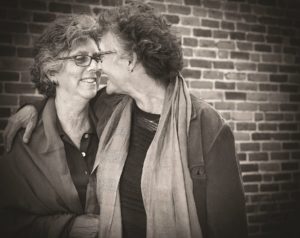
Fleishman was also drawn to activists who, after Stonewall, went on to take part in other, different movements to fight for peace, civil liberties, and social justice. “The fact that they have been leaders of so many movements makes it even more important for their voices to be heard,” Fleishman says.
Now more than ever, Fleishman feels the legacies of activists from earlier generations must be remembered and honored. “We are living in a time of unprecedented injustice,” Fleishman says. “Yet we’re also living in a time of almost unprecedented mobilization. Millions of people are taking to the streets, so it seems to me that this is a moment when the Stonewall generation can both inspire a younger generation and also step aside and let a younger generation take hold of the leadership that we need them to do to make the changes that are so important.”
Generation LGBTQ
The event: Jane Fleishman will discuss her book, The Stonewall Generation: LGBTQ Elders on Sex, Activism, and Aging, joined by David Velasco Bermudez and Bob Isadore, two of the 10 subjects she interviewed
The time: Thursday, Oct. 29, at 6 p.m.
The place: Virtual event via Zoom on Eventbrite.com, hosted by East End Books Ptown, at eastendbooksptown.com
The cost: Free; pre-registration required
